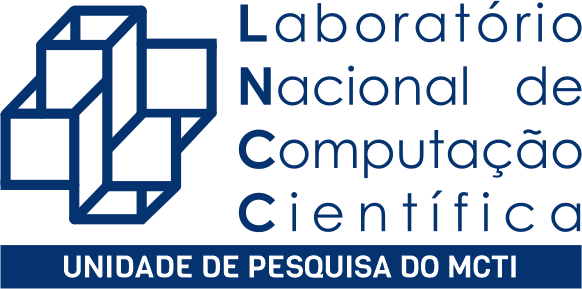EVENTO
Workshop SciDisc
E-mail:
arcos@lncc.br
Tipo de evento: Workshop
SciDisc is an international collaboration Project.Data-intensive science such as agronomy, astronomy, biology and environmental science must deal with overwhelming amounts of experimental data produced through empirical observation and simulation. Such data must be processed (cleaned, transformed, analyzed) in all kinds of ways in order to draw new conclusions, prove scientific theories and produce knowledge. However, constant progress in scientific observational instruments (e.g. satellites, sensors, loT) and simulation tools (that foster in silico experimentation) creates a huge data overload. For example, climate modeling data are growing so fast that they will lead to collections of hundreds of exabytes expected by 2020.Scientific data is very complex, in particular because of heterogeneous methods used for producing data, the uncertainty of captured data, the inherently multi-scale nature (spatial scale, temporal scale) of many sciences and the growing use of imaging (e.g. molecular imaging), resulting in data with hundreds of attributes, dimensions or descriptors. Despite their variety, we can identify common features of scientific data: big data; manipulated through complex, distributed workflows; typically complex, e.g. multidimensional or graph-based; with uncertainty in the data values, e.g., to reflect data capture or observation; important metadata about experiments and their provenance; and mostly append-only (with rare updates).The three main challenges of scientific data management can be summarized by: (1) scale (big data, big applications); (2) complexity (uncertain, multi-scale data with lots of dimensions), (3) heterogeneity (in particular, data semantics heterogeneity). They are also those of data science, with the goal of making sense of data by combining data management, machine learning, statistics and other disciplines. The overall goal of Zenith is to address these challenges, by proposing innovative solutions with significant advantages in terms of scalability, functionality, ease of use, and performance. To produce generic results, these solutions are in terms of architectures, models and algorithms that can be implemented in terms of components or services in specific computing environments, e.g. grid, cloud. We design and validate our solutions by working closely with our scientific application partners such as INRA and IRD in France, or the National Research Institute on e-medicine (MACC) in Brazil. To further validate our solutions and extend the scope of our results, we also foster industrial collaborations, even in non scientific applications, provided that they exhibit similar challenges.
Local: LNCC - Laboratório Nacional de Computação Ciêntifica
Endereço: Getúlio Vargas Av., 333, Quitandinha Petrópolis - Rio de Janeiro CEP 25651-075 - Brasil
Telefone: (24) 2233.6004
Data Início: 24/04/2019 Data Fim: 24/04/2019
Coordenadores: Fabio André Machado Porto - Laboratório Nacional de Computação Científica - LNCC -
Contato: Área de Comunicação Social - arcos@lncc.br
Convidado: a*********************************** - -
Palestrante: Daniel de Oliveira - - Esther Pacitti - - LIRMM & Inria Heraldo Borges - - CEFET Hermano Lustosa - - LNCC Patrick Valduriez - INRIA - FRA Rafael Pereira - - LNCC Renan Souza - - COPPE - UFRJ
Secretaria: Área de Comunicação Social - LNCC - LNCC


